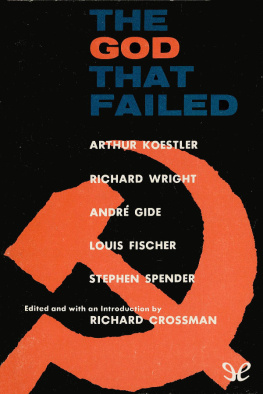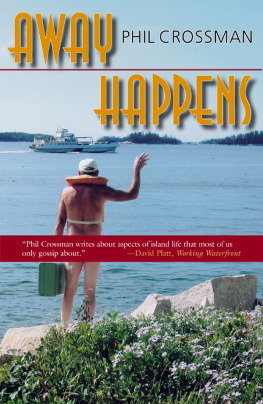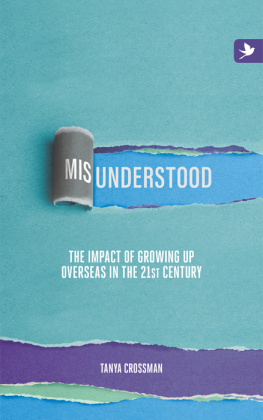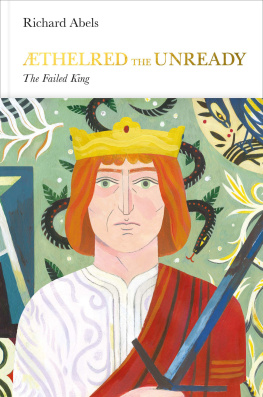Richard Crossman - The God That Failed
Here you can read online Richard Crossman - The God That Failed full text of the book (entire story) in english for free. Download pdf and epub, get meaning, cover and reviews about this ebook. year: 1949, publisher: ePubLibre, genre: Art. Description of the work, (preface) as well as reviews are available. Best literature library LitArk.com created for fans of good reading and offers a wide selection of genres:
Romance novel
Science fiction
Adventure
Detective
Science
History
Home and family
Prose
Art
Politics
Computer
Non-fiction
Religion
Business
Children
Humor
Choose a favorite category and find really read worthwhile books. Enjoy immersion in the world of imagination, feel the emotions of the characters or learn something new for yourself, make an fascinating discovery.
- Book:The God That Failed
- Author:
- Publisher:ePubLibre
- Genre:
- Year:1949
- Rating:5 / 5
- Favourites:Add to favourites
- Your mark:
- 100
- 1
- 2
- 3
- 4
- 5
The God That Failed: summary, description and annotation
We offer to read an annotation, description, summary or preface (depends on what the author of the book "The God That Failed" wrote himself). If you haven't found the necessary information about the book — write in the comments, we will try to find it.
The God That Failed — read online for free the complete book (whole text) full work
Below is the text of the book, divided by pages. System saving the place of the last page read, allows you to conveniently read the book "The God That Failed" online for free, without having to search again every time where you left off. Put a bookmark, and you can go to the page where you finished reading at any time.
Font size:
Interval:
Bookmark:

The God That Failed is a classic work and crucial document of the Cold War that brings together essays by six of the most important writers of the twentieth century on their conversion to and subsequent disillusionment with communism. In describing their own experiences, the authors illustrate the fate of leftism around the world. Andr Gide (France), Richard Wright (the United States), Ignazio Silone (Italy), Stephen Spender (England), Arthur Koestler (Germany), and Louis Fischer, an American foreign correspondent, all tell how their search for the betterment of humanity led them to communism, and the personal agony and revulsion which then caused them to reject it.

Richard Crossman (ed.)
ePub r1.0
Titivillus 24.02.18
Richard Crossman (ed.), 1949
Editor digital: Titivillus
ePub base r1.2
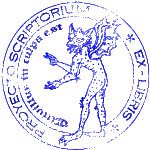
[1] After he had expressed his readiness to contribute to book, M. Gide found that his state of health did not permit him to complete the task. I was most unwilling to lose what I felt to be an essential element in a study of this kind, and was delighted to persuade Dr. Enid Starkie to undertake the task of editing M. Gides writings on this subject. She has done this in the closest consultation with M. Gide, who approved the final version. The text is her own, but based on paraphrases of the two pamphlets which he wrote in 1936 on his re^turn from the Soviet Union, as well as material from his Journal and from a discussion held in Paris at lUnion pour la Vrit in 1935. I would like to express here my gratitude and that of the publishers to Dr. Starkie for the skill with which she has completed a most delicate task. r. h. s. c.
[1]Kommunistische Partei Deutschlands.
[2] I do not actually remember by which letter Schnellers organization wall known.
[3]Et le buisson devint cendre, Manes Sperber: Paris, 1949.
[4] Von Weissen Niichten und Roten Tagen, UKRDERSHNAZMENWYDAW: Kharkov, 1934. (The abbreviation stands for State Publishing Trust for tie National Minorities in the Ukraine.)
[5] Cf. the charge against Jagoda, fonner head of the OGPU, and three physicians that they had poisoned Maxim Gorky by quicksilver fumes.
[6] They have now entered on a new existence, under a different name, in a British Dominion. Incidentally, it was this girl who was caught out by the Gestapo on the word concrete.
[7]The Yogi and the Commissar, New York: The Macmilan Company, 1945.
[*] Followers of Pope Celestine V, an Abrruzi hermit who, elected Pope in August, 1294, abdicated three and a half months later. He was canonized in 1313.
Richard Crossman, M.P.
BIOGRAPHICAL NOTE: Richard Crossman was born on December 15,1907. The son of a barrister, later Mr. Justice Crossman, he was educated at Winchester College and New College, Oxford, where he took first-class honors in classics and philosophy. He remained at Oxford as a Fellow of New College for eight years, teaching Plato and political theory, and simultaneously began his political career as a Socialist on the Oxford City Council.
In 1937 he became the Labour candidate for Coventry, which he won in the 1945 election.
In 1938 he became Assistant Editor of the New Statesman and Nation, a position he still holds.
During the war he served first in the Foreign Office and then on General Eisenhowers Staff, as an expert on Germany in charge of enemy propaganda.
In 1946 he served on the Anglo-American Commission on Palestine, and as a result became the leading English opponent of Mr. Bevins Palestine policy. He was a member of the Malta Roundtable Conference in 1955 and since 1952 has been a member of the Labour Party Executive.
Bibliography: Plato Today, Government and the Governed, Palestine Mission, The Charm of Politics, Nation Reborn.
T his book was conceived in the heat of argument. I was staying with Arthur Koestler in North Wales, and one evening we had reached an unusually barren deadlock in the political discussion of which our friendship seems to consist. Either you can't or you won't understand, said Koestler. It's the same with all you comfortable, insular, Anglo-Saxon anti-Communists. You hate our Cassandra cries and resent us as alliesbut, when all is said, we ex-Communists are the only people on your side who know what it's all about. And with that the talk veered to why so-and-so had ever become a Communist, and why he had or had not left the Party. When the argument began to boil up again, I said, Wait. Tell me exactly what happened when you joined the Partynot what you feel about it now, but what you felt then. So Koestler began the strange story of his meeting with Herr Schneller in the Schneidemhl paper-mill; and suddenly I interrupted, This should be a book, and we began to discuss names of ex-Communists capable of telling the truth about themselves.
At first our choice ranged far and wide, but before the night was out we decided to limit the list to half a dozen writers and journalists. We were not in the least interested either in swelling the flood of anti-Communist propaganda or in providing an opportunity for personal apologetics. Our concern was to study the state of mind of the Communist convert, and the atmosphere of the periodfrom 1917 to 1939when conversion was so common. For this purpose it was essential that each contributor should be able not to relive the pastthat is impossiblebut, by an act of imaginative self-analysis, to recreate it, despite the foreknowledge of the present. As I well know, autobiography of this sort is almost impossible for the practical politician: his self-respect distorts the past in terms of the present. So-called scientific analysis is equally misleading; dissecting the personality into a set of psychological and sociological causes, it explains away the emotions, which we wanted described. The objectivity we sought was the power to recollectif not in tranquillity, at least in "dispassion and this power is rarely granted except to the imaginative writer.
It so happens that, in the years between the October Revolution and the Stalin-Hitler Pact, numberless men of letters, both in Europe and America, were attracted to Communism. They were not "typical" converts. Indeed, being people of quite unusual sensitivity, they made most abnormal Communists, just as the literary Catholic is a most abnormal Catholic. They had a heightened perception of the spirit of the age, and felt more acutely than others both its frustrations and its hopes. Their conversion therefore expressed, in an acute and sometimes in a hysterical form, feelings which were dimly shared by the inarticulate millions who felt that Russia was on the side of the workers. The intellectual in politics is always unbalanced, in the estimation of his colleagues. He peers round the next comer while they keep their eyes on the road, and he risks his faith on unrealized ideas, instead of confining it prudently to humdrum loyalties. He is in advance, and, in this sense, an extremist. If history justifies his premonitions, well and good. But if, on the contrary, history takes the other turning, he must either march forward into the dead end, or ignominiously tum back, repudiating ideas which have become part of his personality.
Font size:
Interval:
Bookmark:
Similar books «The God That Failed»
Look at similar books to The God That Failed. We have selected literature similar in name and meaning in the hope of providing readers with more options to find new, interesting, not yet read works.
Discussion, reviews of the book The God That Failed and just readers' own opinions. Leave your comments, write what you think about the work, its meaning or the main characters. Specify what exactly you liked and what you didn't like, and why you think so.

